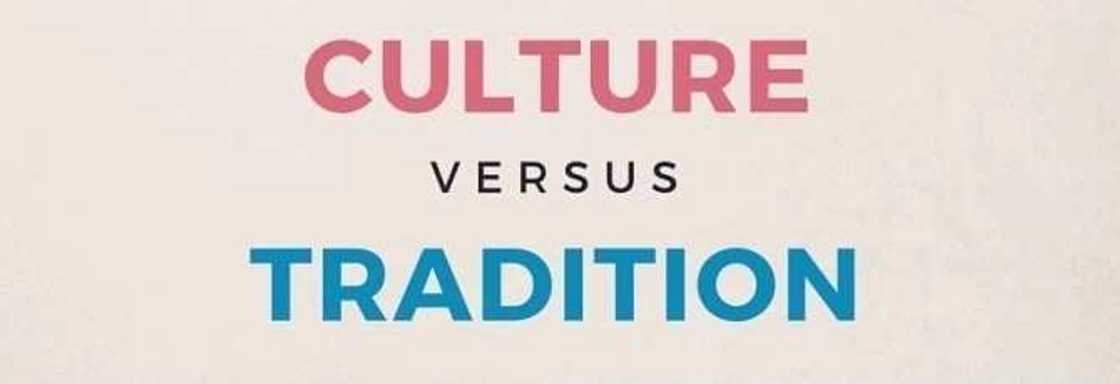What is the difference between culture and tradition?
It might surprise you, but quite a lot of people cannot tell the difference between culture and tradition. We are here to amend that and tell you about how the concept of culture is different from the concept of tradition. So check this article out if you have been using these two terms interchangeably.

Difference between culture and tradition
Let’s figure out the main difference between tradition and culture. Without going too deep into the definitions of both terms, we can tell you that tradition is used to describe beliefs and behaviours that are passed on from generation to generation, while culture is used to describe the characteristics of a certain society at a particular point in time.
To compare culture and tradition further, culture is a more general term that is seen as a whole and that describes human behaviour, as well as character of people who have been raised with particular cultural beliefs. It is also a body of knowledge that contains art, language, clothing and, among all else, traditions.
At the same time, tradition is a more specific term used to describe an event/ritual that is often practiced by individuals, or a human behaviour on certain occasion. It is also a set of rituals that a group of people practices.
Now, if you want a more detailed explanation of the tradition and culture meaning, continue reading!
What is culture?

According to the culture definition, it is a collectively regarded manifestation of human intellectual achievement. In other words, it is everything a certain group of people (nation, tribe, clan, etc.) has amassed in the course of its history: cuisine, style of clothing, art, religion, traditions, superstitions and so much more.
The word ‘culture’ came from Latin, where the word ‘cultura’ meant ‘cultivation’. Thus, it makes sense to use ‘culture’ to describe what certain people have ‘cultivated’ over the years of their history.
READ ALSO: Difference between been and being with examples
When we learn about some nation’s culture, we can get a glimpse into its past, understand certain things about the people and at least get a general idea about what we can expect from an individual that belongs to this nation based on how close they are to their own culture. However, the latter also leads to the creation of stereotypes, when a person is expected to do something or like something based solely on their belonging to a certain nation/group.
What is tradition?

READ ALSO: What is the difference between growth and development in health and social care
Tradition definition is a behaviour or belief that has a special significance or symbolic meaning and is passed down within a society/group from one generation to another. This could refer a family tradition, community tradition or even national tradition, so the size of the group in question does not really matter. When you think about it, anything can be a tradition, as long as it is passed on from person to person, even simply saying ‘thank you’.
The word ‘tradition’ also came from Latin, where the word ‘tradere’ meant ‘to transmit’. Thus, tradition is something transmitted among the people. While traditions usually come from the past, they are not rigid in nature and can evolve with time, while still maintaining the link with the days long gone.
In our era of modernity, traditions are slowly starting to die out. Therefore, in order to preserve them as a part of their culture, some countries create laws meant to protect traditions and the historical knowledge they carry.
Culture regards to an evolution of a certain group of people and various manifestations of this evolution, while tradition is a belief or behaviour that is passed down between members of a group in its mostly unchanged form. Hopefully, now you will be able to remember the difference between these two terms.
READ ALSO: Difference between occupation and profession
Source: Legit.ng





